Nature: force or being?
By Dennis Klocek 15 min read
There is no question that reductionist science excels at studying technical, non living systems. An electronic circuit requires a research method that can reduce the flow of forces down to precise on / off sequences. But life science has other modes than on / off. Living beings have nuanced dimensions that are more like personalities than electronic circuits.
But even in the life sciences a specialist in plant anatomy might have trouble with the idea that the plant was a “being” with a “personality”. A specialist in plant physiology might agree that some of the life forces in a plant verged on what could be called “intelligent”. And a specialist in plant ecology would certainly agree that a particular plant in a particular niche was interacting influentially on the surrounding ”community” of plants. We could ask is the life of a community made simply of forces or is there something else?
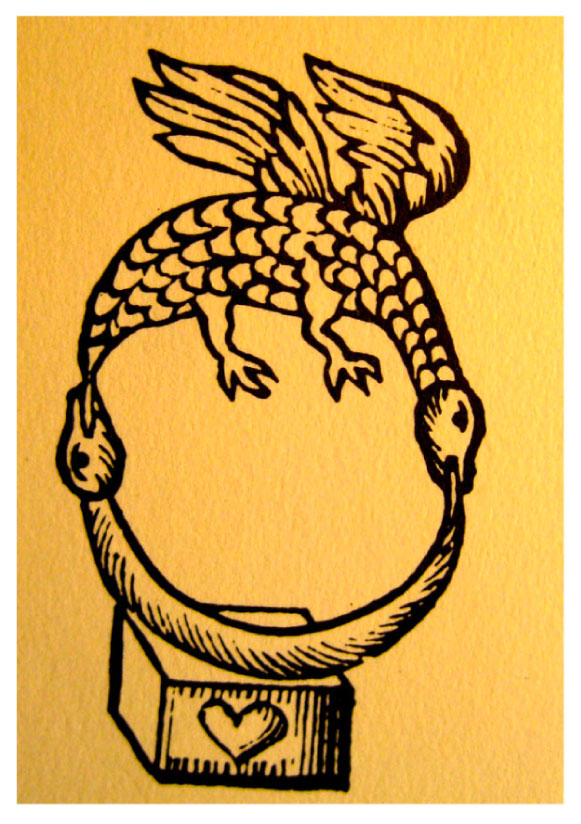
In past times it was understood that in nature the sense world had an animating invisible world of beings as its source. The invisible beings in that world had powers of potential. The beings in the manifest world made us of and as a result, were images of that potential. The ouroboros or snake biting its tail illustrates this. The winged and footed snake has much more potential for movement than its manifest snake image down below.
During the Middle Ages in the school of Chartres and later in the Renaissance academies, the interaction between a creative being and a manifest being was the basis for philosophy, theology, art and architecture, and medicine. But in the later age of Enlightenment devices and machines were developed to accurately measure the forces in the manifest world. With that reduction of focus into the manifest side of nature, the idea of invisible beings informing nature was gradually obscured in favor of the perception of impersonal forces.
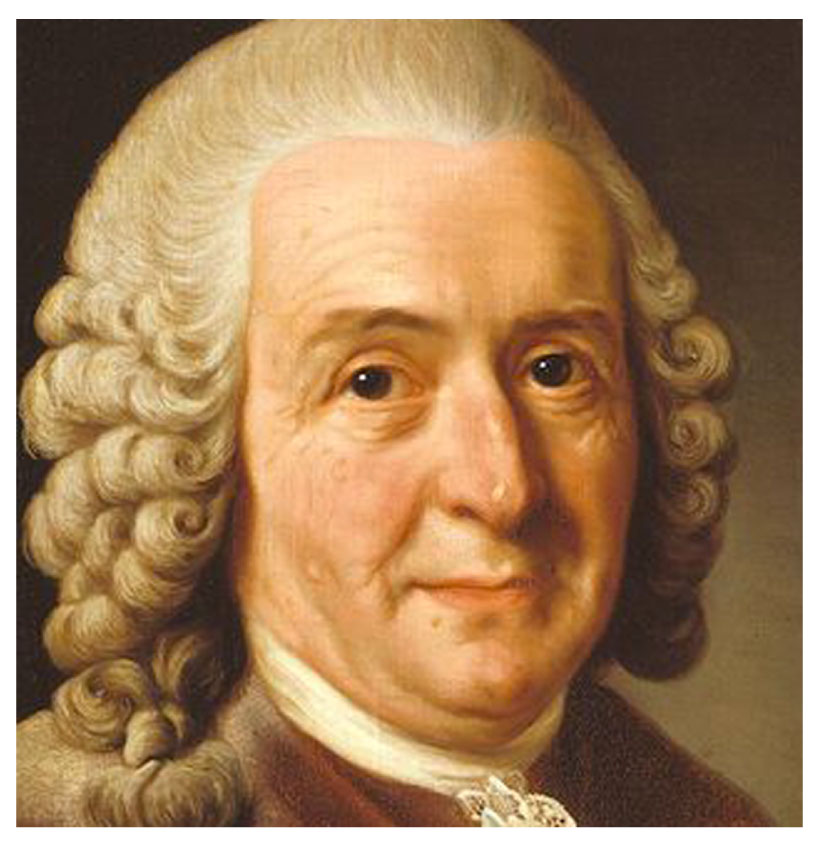
The biography of Carl Linne (Linnaeus) 1707-1778 coincides with the age of Enlightenment. His work, based on advances in lens making, was to systematize the use of local names for plants and animals. Local names caused confusion. For instance, at that time the church had outlawed the use of yarrow in making beer. Herbs in beer brewing were known as gruit. Yarrow in gruit made the alcohol much more intoxicating. The church outlawed yarrow that was stimulating and only allowed hops that made you sleepy.
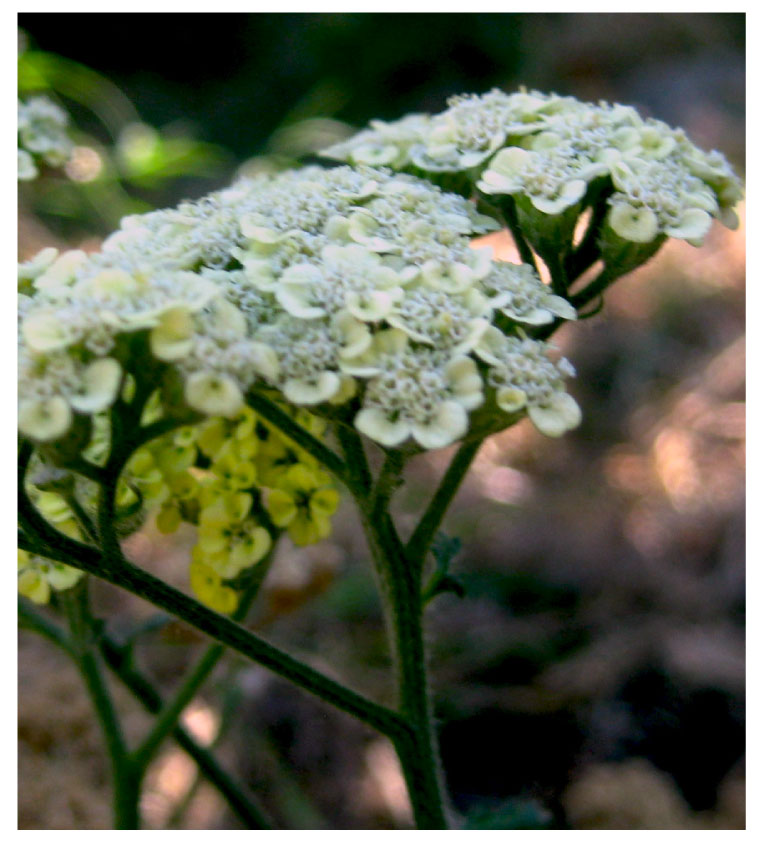
As a result, and since most beer was brewed at home, yarrow had numerous names as a beer ingredient depending upon where you were from and who was asking. Yarrow could be called, blood wort, nose bleed, old man’s pepper, thousand weed, knight’s millifoil, death flower, devil’s plaything, devil’s nettle or seven year’s loose. Rational science for Enlightenment minds required substantially more order in the naming of things.
Linnaeus designed a system of nomenclature based on the anatomical properties of flowers. His classifications of family, genus, species is still in use today. Esoterically a family of plants is not a physical entity. It is an invisible web of forces that plants like yarrow in your garden have in common with yarrow plants on another continent. If you were to travel there and wish to get yarrow you could use the taxonomy from Linnaeus to be sure you would get what you were looking for. Taxonomy points to an invisible order animating living things.
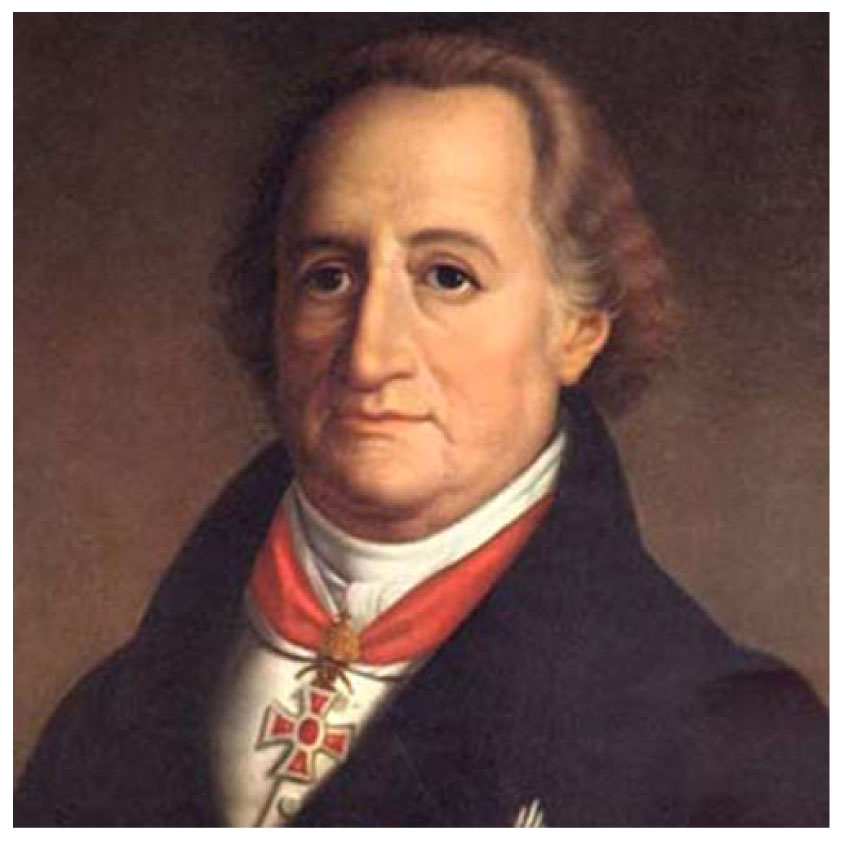
In the waning years of the age of enlightenment the German poet Goethe-1749-1832 used the idea of the invisible world of forces as analog for the activity of beings in an unusual way. His novel, Elective Affinities is based on the alchemical chemistry of acids, bases and salts. The chemical reactions are depicted as the soul qualities of characters involved in a lover’s triangle. Goethe saw chemical reactions as metaphors for human emotions.
Since the very essence of chemistry is to avoid metaphor, a chemist would view this anthropomorphic effort with disdain. But the electrochemical laws of attraction and repulsion of atoms might easily be experienced in a singles bar on a Saturday night. Can inert chemicals rightfully be seen to have an emotional dimension of intent and being?

This question points to a curious belief known as the chemist’s beard theory. It is widely recognized in laboratories that chemists working to crystallize proteins often run into difficult problems. It is also widely recognized that if one group succeeds in a synthesis that very quickly around the world in labs working on the same problem the protein yields to being synthesized. There is no known reason for this.
So the conventional answer is that chemists often have beards. Chemists go to conventions with other bearded chemists. Molecules from the successful chemist’s beards are transferred to other chemist beards at the convention. The proteins ride home to the other labs and soon a new generation of synthetic proteins is available. In this the invisible dimension of protein formation is placed in the physical world due to chemical habit of mind. But other researchers have found that the possibility of the influence of invisible being-hood on the physical world is not just a convenient fable.
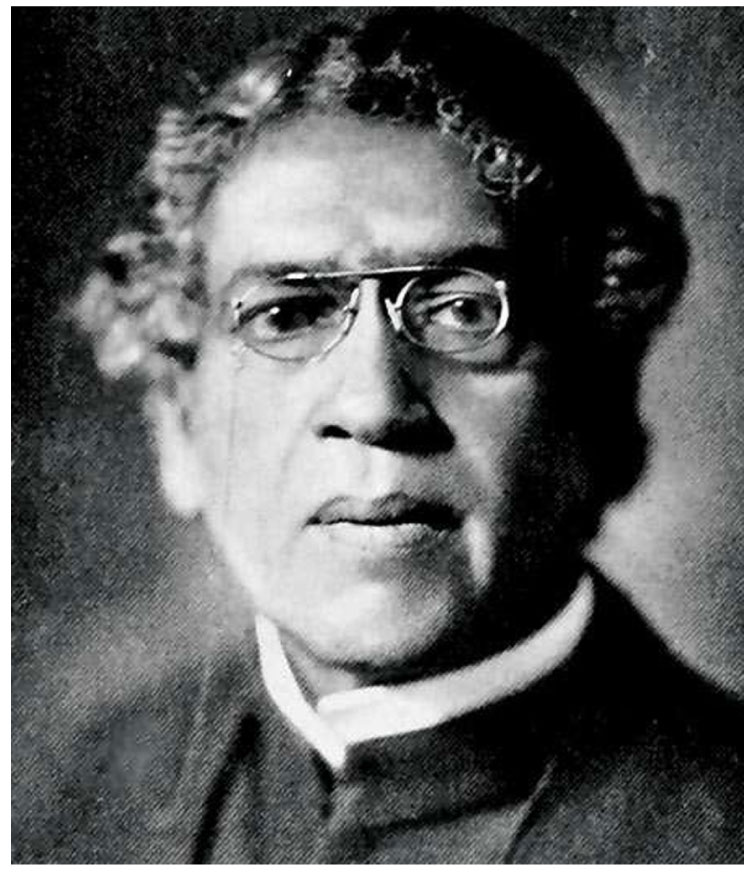
Jagadish Bose 1858-1937 was a polymath, a physicist, a biologist, a plant physiologist, an novelist, and a connoisseur of fine arts. His patented signal detector used the first semiconductor junction. His patents included an 80 GHz microwave receiver, horn antenna and microwave wave guide. These were used by Marconi to develop wireless communication. The sensitivity of the instruments reminded Bose of the mimosa plant. That led Bose to discover that an electric death spasm occurs in plants when they die, and that the actual moment of death in a plant could be accurately recorded. He posited that plants have a form of nervous system that allows for a higher level of invisible interaction among themselves and with other life forms.
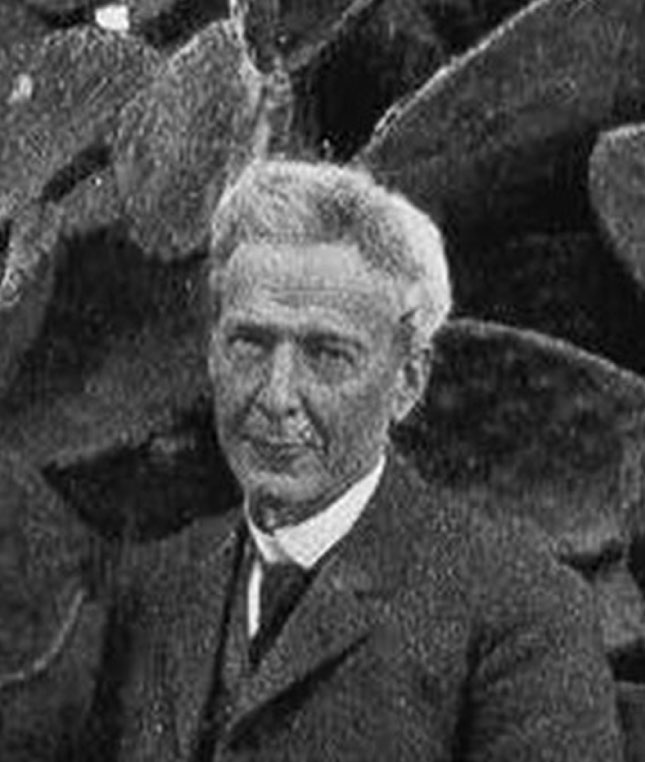
Luther Burbank 1849-1926 a gifted botanist and horticulturist, developed 800 varieties of plants, many different plums (developed to provide an industry for early settlers of California, and peaches and potatoes (developed to remedy the Irish potato famine) resulted from his work. His famous spineless cactus was developed through his technique of whispering to the plant. Every day he would go out and whisper to the cactus that it didn’t need the thorns because he wouldn’t hurt it. He then gently pulled a few thorns out of the cactus with pliers. He did that every day until the plant stopped making thorns. The progeny of the cactus no longer produced thorns. Burbank addressed the invisible being of the cactus as a seer. Sri Yogananda said that Burbank was the first American saint.
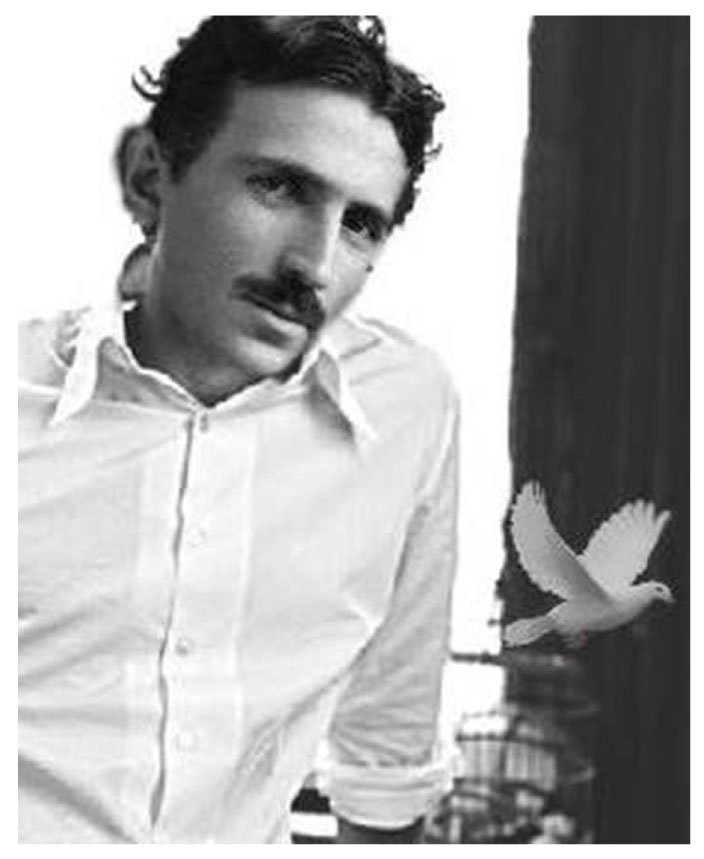
Nikola Tesla 1856-1943 was a brilliant inventor of numerous electric devices. His genius is responsible for the induction motor, phased generation of alternating current and hundreds of patents that are the foundation of todays electric grid and devices. A consummate technician, his inner life in this was active in an unusual way. He would build a device in his imagination and set it running. Then go back in his imagination a few weeks later and check for wear. His technical genius was equal in power to his enigmatic inner life.
Tesla recognized the hidden invisible realm of “being” in nature in an unusual relationship he had to a white pigeon. The book Return of the Dove illustrates his affection to and mystical union with the bird. He had said, ”I loved that pigeon as a man loves a woman and she loved me. As long as I had her there was a purpose to my life”. This is an unusual and mystical sentiment from such a supreme technologist.
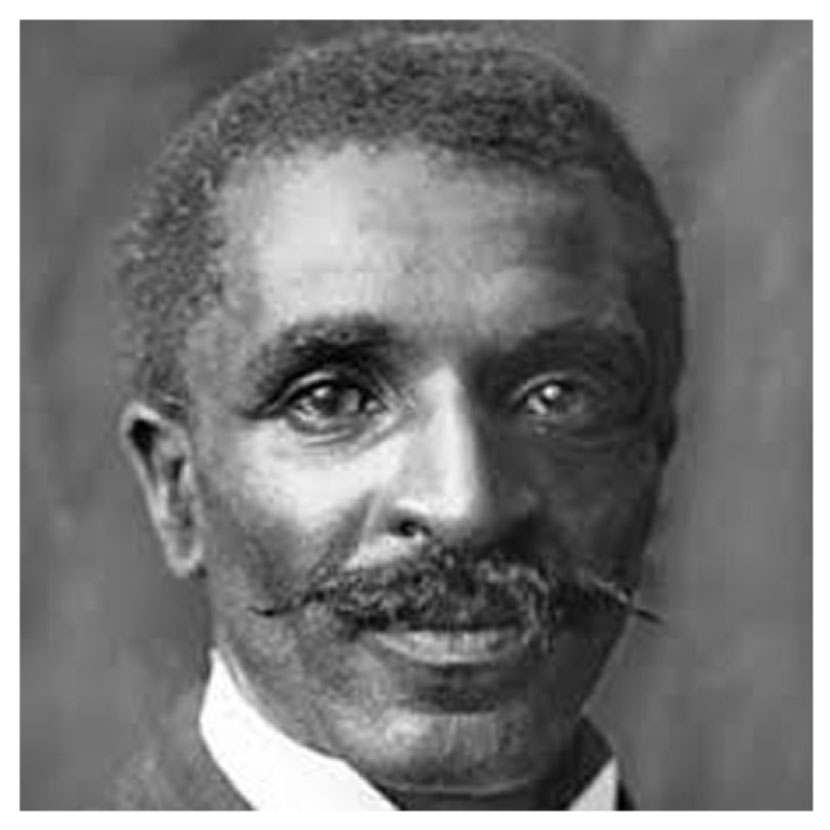
George Washington Carver 1864-1943 was born an African American slave. Events in his infancy left him with no family very early, but his adopted mother taught him cooking, gardening and making traditional herbal medicines. As a young man he was known as a plant doctor for his skill in raising plants. As he matured he received training from a midwife and nurse in medicinal herbs and healing. He eventually enrolled in Iowa State agricultural college to study botany. His work on fungal infections of soybeans led to graduate studies and to a life’s work as a scientific researcher into plant chemistry.
Carver was a spiritually awake person. His method for understanding how plants could be beneficial for human being was to ask them to help. He typically rose early before sunrise to take a walk in the fields. He would walk with a question in his mind about a specific plant. He would inwardly address the plant and ask it about his idea. In silence he often received an insight. He would hurry to his laboratory and begin to work on the idea that he had just received from the plant. He understood and communicated with the spiritual being that was the source of the animating force for the growing plant
These exceptional people all understood that an invisible realm of intelligence and order is antecedent to and informs and animates the visible natural world. In nature being and force are simply two faces of the same intelligence. In line with the outlook of past human wisdom, intelligence doesn’t come from random interaction of physical forces. There is an epigenetic ordering wisdom that points to patterns that at minimum resemble what in a human would be a personality. This view is hidden but very common today in many ways.
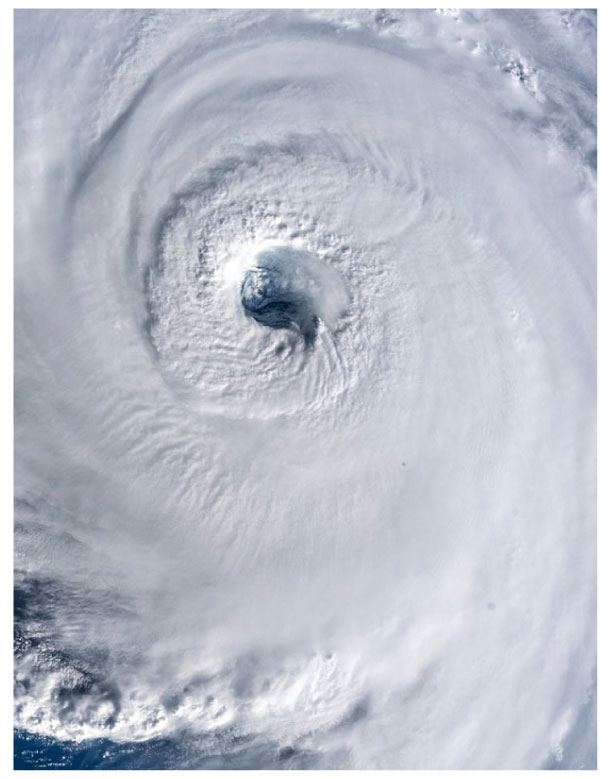
Mention the names Katrina, Sandy, Harvey, Wilma to someone from the southeast United states and they would realize that you were not naming people but devastating hurricanes. Why not just designate them in order of occurrence with a date? There is something individualized and we could even say quirky about the paths that hurricanes take in their ”biographies”. Hurricanes are born, they ingest, they assimilate, they secrete, they reproduce and they die. These characterize the life forces of living beings. Surely there are forces that create hurricanes but the forces are neutral until some disturbing phenomenon appears. Then they begin to respond like a being.
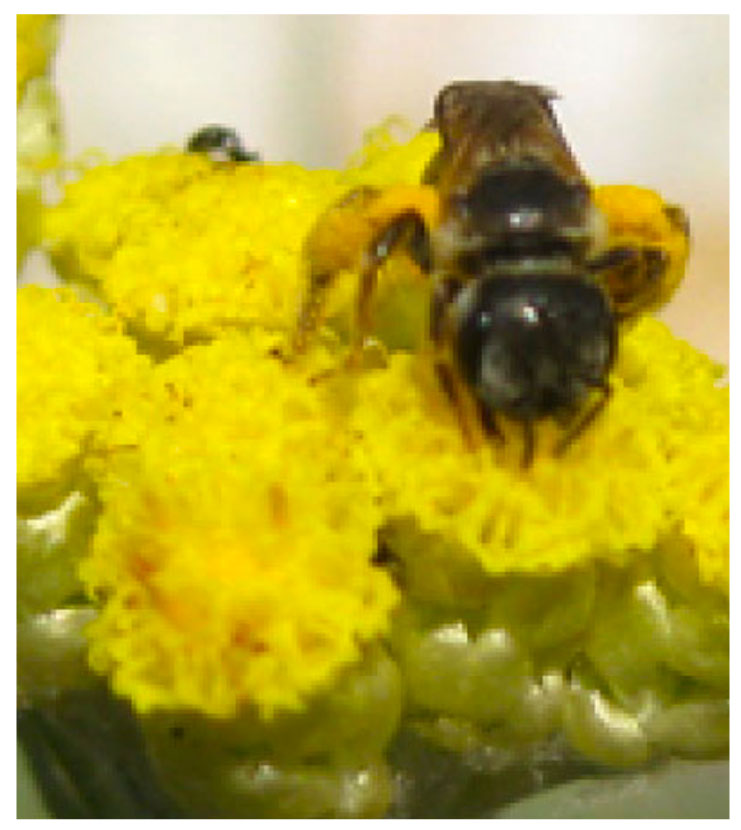
Mention Caucasians, Italians, Russians or Africans to a beekeeper and they will know you are not talking about races and nationalities of people but about bee populations. Keepers would be quick to point out that even among the milder populations there are rogue hives with distinct personalities that require a very different posture from the beekeeper.
The queen of the hive is carrying an intelligence that is regulated by the available stores in the environment. This inflow from the workers guides the egg laying potentials and the available workforce for a future harvest. Is this wisdom simply the interaction of forces? Is this remarkable hive intelligence just information or the symptom of a personality or being?
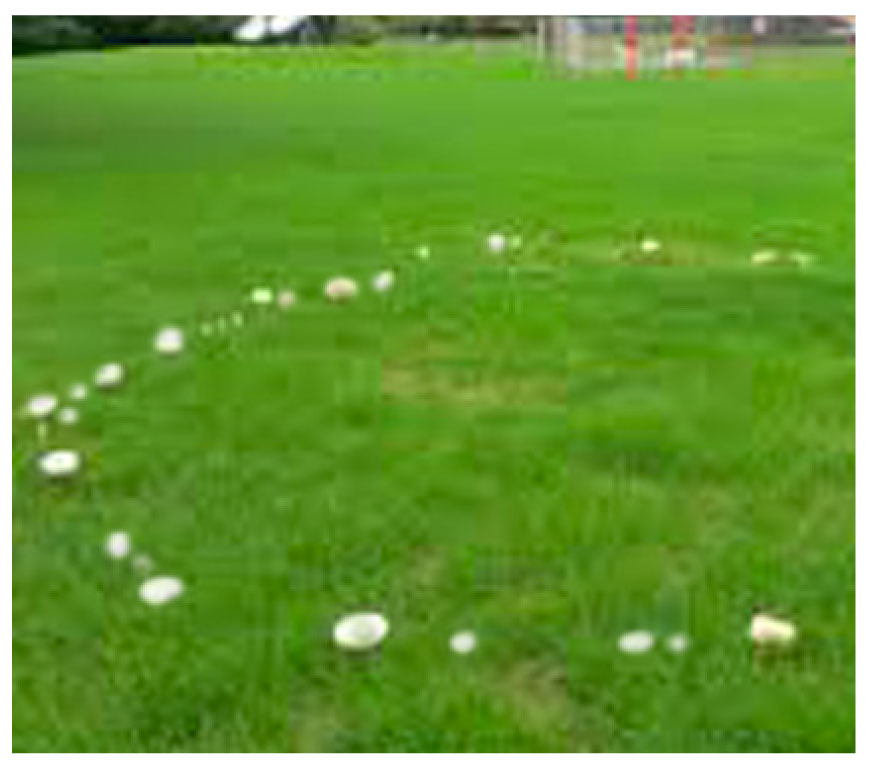
DNA studies of mushrooms in the wild show that a fairy ring on one side of a hill has exactly the same genetic makeup as fairy rings on the other side of the hill. Can we imagine the mushrooms on the whole site as one organism, one mushroom spread out over an acre or two. Where is the wisdom to be found that is prior to this physical mushroom? Is it just from the forces of the soil solution that the organism finds it way into beautifully articulated and highly functional manifestation?

Or could we dare even ask does the potassium that guides the water uptake in the xylem of all of the trees on that hill also have an organizing intelligence that is transcendent to its physical manifestation as part of the soil? Is potassium in tree sap more intelligent and informed than potassium in the country rock? If it is then we could say that potassium in the soil and potassium in the rock were actually masking the potential of potassium living in plant sap. The former two are then masks of the most interactive being.
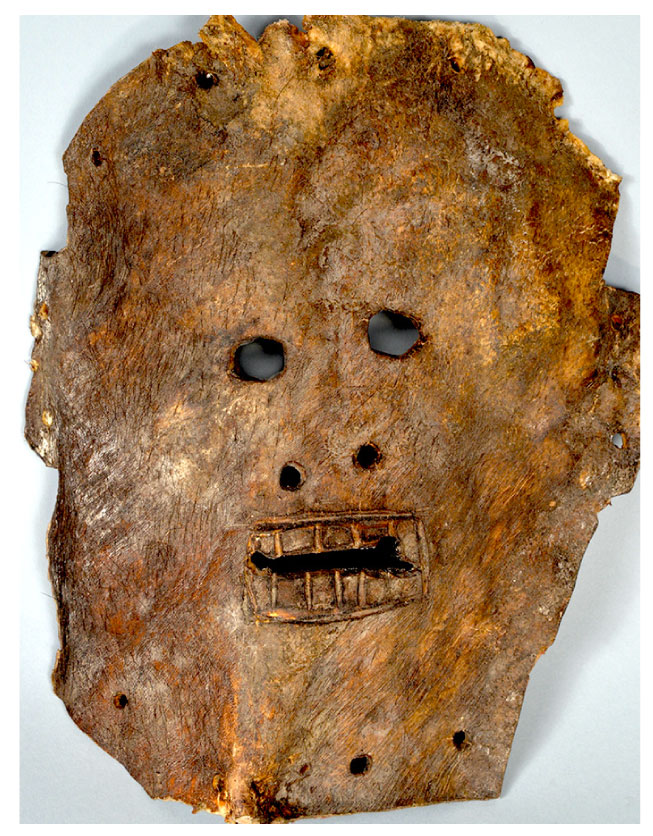
In Greek the word persona means mask. The root words mean sounding through something. The mask is an appearance of something that is acting. Shamans used masks to enter into the invisible world without being recognized as an intruding human. They needed a mask to change things in this world by entering the invisible world. The mask allowed them to act in that world without suffering consequences.

Appearances in nature are masks of invisible beings who are acting and changing the environment. In the past the masks of the visible world were known to conceal the elemental beings or nature spirits as they interacted with humans. As a source of Rosicrucian alchemical imagery Shakespeare’s plays make much use of elemental beings as agents of change for humans.
In these plays humans are free to speculate without evidence, be confused and lie but the nature beings are not. The nature beings are sworn to serve humans in line with natural law until the humans no longer are capable of functioning in correct ways. Then there can be trickery but no lying. The trickery is always based on the ability of the elemental being to see into the soul issues of the humans that they serve. The elementals must follow the laws of truth written in nature as how to act.
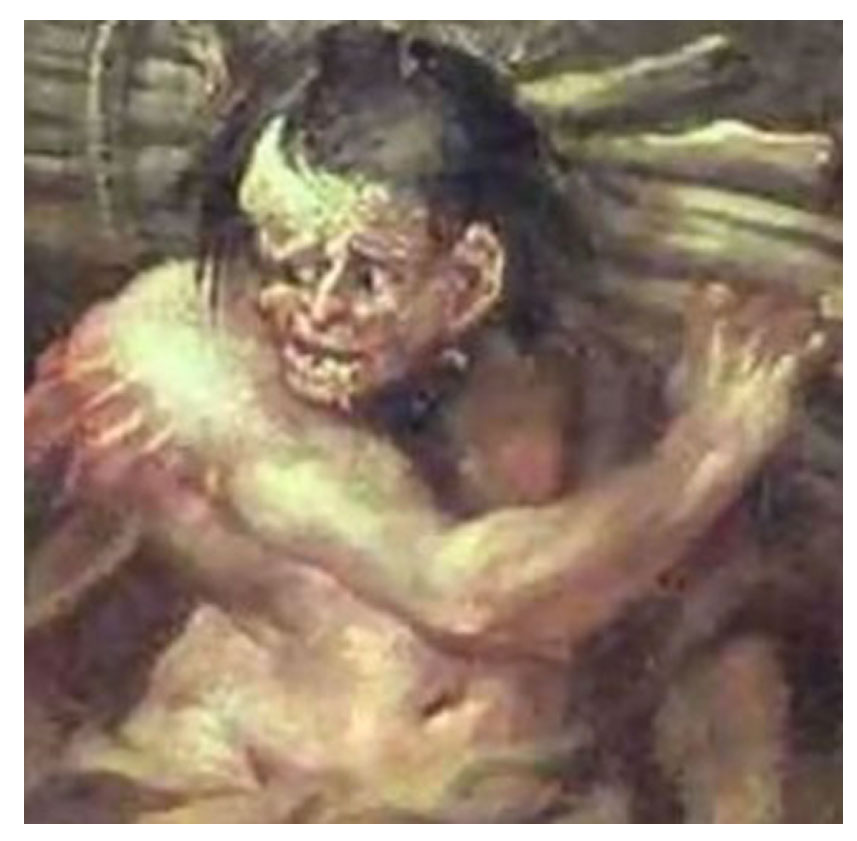
Read Caliban’s speech against Prospero in Shakespeare’s Tempest to see more deeply into moral issues of climate change and pandemics. Can social justice activism expand to include the invisible field of beings in nature as well as the socially “invisible” humans who labor in the workforce to provide for others? Try to imagine the hosts of nature beings who are forced through the gears and circuits of innumerable devices. They provide the will power for contemporary life to continue.
Human disregard of these beings is a true root of much suffering in the world. It is the task of the elemental beings to adhere to the truths in nature in order to correct human social vision. This is needed by the wayward human habit of seeing Earth as a resource composed of forces to be manipulated for profit. That view evaluates nature through the lens of input / output.
That is a highly disruptive mindset that marginalizes the invisible supporting cast that informs the world. When beings are seen simply as forces they can then be bought and sold with no moral temperance on the part of humans. Today, the nature spirit beings streaming through devices truly are bought and sold for their will. They are the new slaves whose destinies are woven deeply into future human karma.
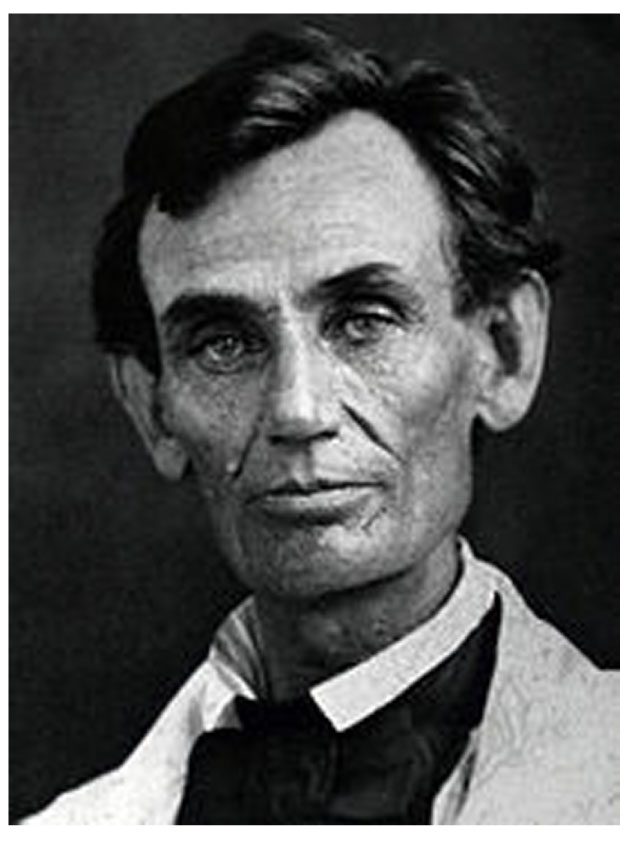
The acknowledgement of the invisible shared dimension between humans and nature is an inheritance of mystery wisdom from our universal human ancestors. It is freely given as potential to all people, at all times, but it must be recognized. Abraham Lincoln, while addressing the impact of war to a highly divided population put it this way, “We are not enemies. We are friends. The mystic chords of memory, stretching from every battlefield and patriot’s grave to every living heart and hearthstone all over this broad land, will yet swell the chorus of the Union, when again touched, as they surely will be, by the better angels of our nature.”
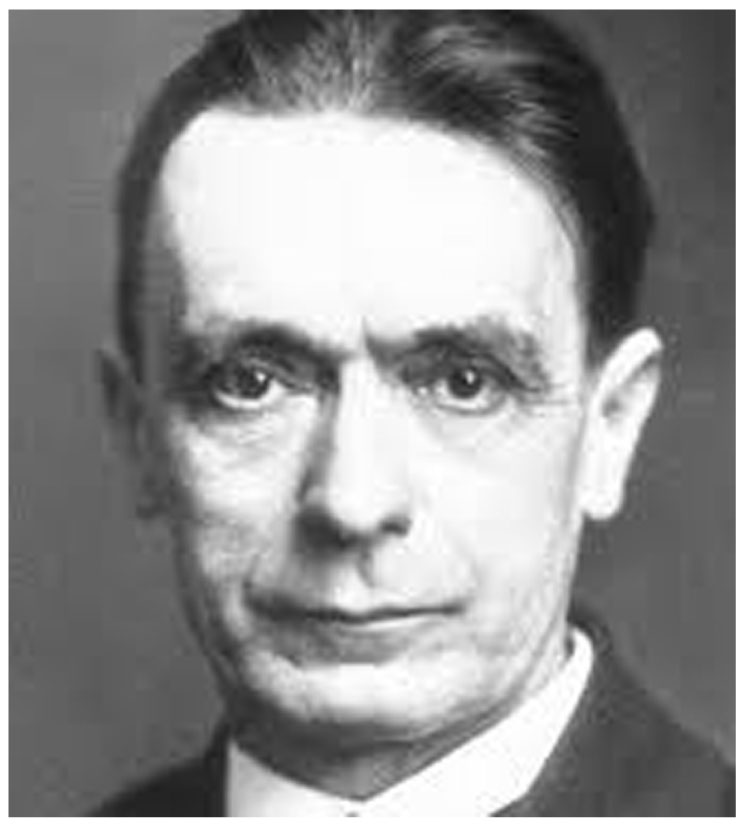
Rudolf Steiner (1861-1925) was an Austrian philosopher, scientist, social reformer, author and esoteric researcher. His contribution to a rational, contemporary understanding of the invisible forces behind the forms of nature is without equal. He was a learning omnivore and a knowledge deluge in perfect balance. Through his work many souls have found a way of interacting with the nature kingdoms that is neither mystical nor reductionist.
Steiner based his work on a thorough knowledge of past esoteric teachings. His progressive genius was to pioneer the forming of traditional spiritually aware practices into practical outlets for education, art, medicine, theology and an esoterically informed art of agriculture.
“There is no spirit without matter: there is no matter without spirit.”
Rudolf Steiner
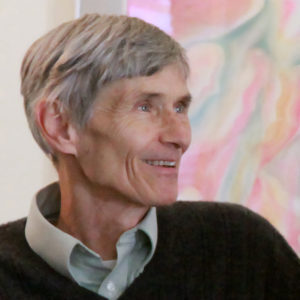
Dennis Klocek
Dennis Klocek, MFA, is co-founder of the Coros Institute, an internationally renowned lecturer, and teacher. He is the author of nine books, including the newly released Colors of the Soul; Esoteric Physiology and also Sacred Agriculture: The Alchemy of Biodynamics. He regularly shares his alchemical, spiritual, and scientific insights at soilsoulandspirit.com.
1 Comments
Leave a Comment
Similar Writings
Video Series: Plant Sprays
This new series is the result of several days spent with Dennis over 6 months, in which he shared how the plant sprays he uses affect growth, how to make them, and some tricks he’s learned along the way. Video 1: Why Use Plant Sprays? Secrets to abundant oil, flower and fruit production in the…
The Alchemy of Making Incense
Join us in this video where Dennis shares his alchemical process of making incense. Learn how to combine charcoal, pine resin, essential oils, and other ingredients to create fragrant incense cones. This detailed guide walks you through the steps of grinding, mixing, and molding your ingredients, while also explaining the alchemical principles behind the process.…

Reading your articles with an open mind, and with much delght! Seeing “spirit” in every possible dimension in our lives and in every appearance of our world is a very special gift. Maybe for us ordinary humans we sometimes get glimpses of the truth of what you so elegantly put together in this space. But we need some genius that makes the connections and relates all of this together and then maybe, just maybe, we catch on and see and hear and feel the rightness of all of this and a moment of sheer alertness is being created in us!
Thank you, I just experienced this!
Marga, January 26, 2021.